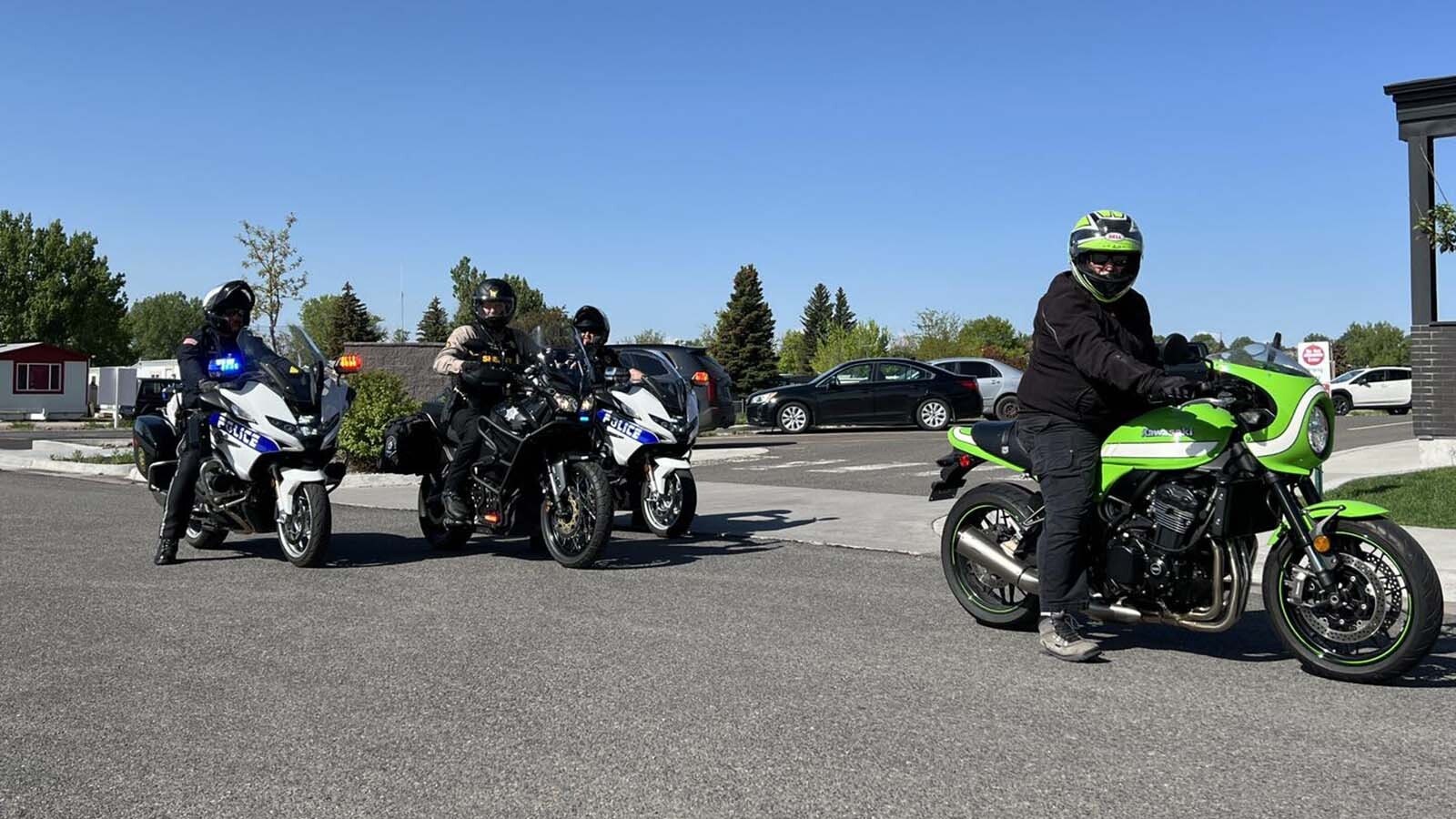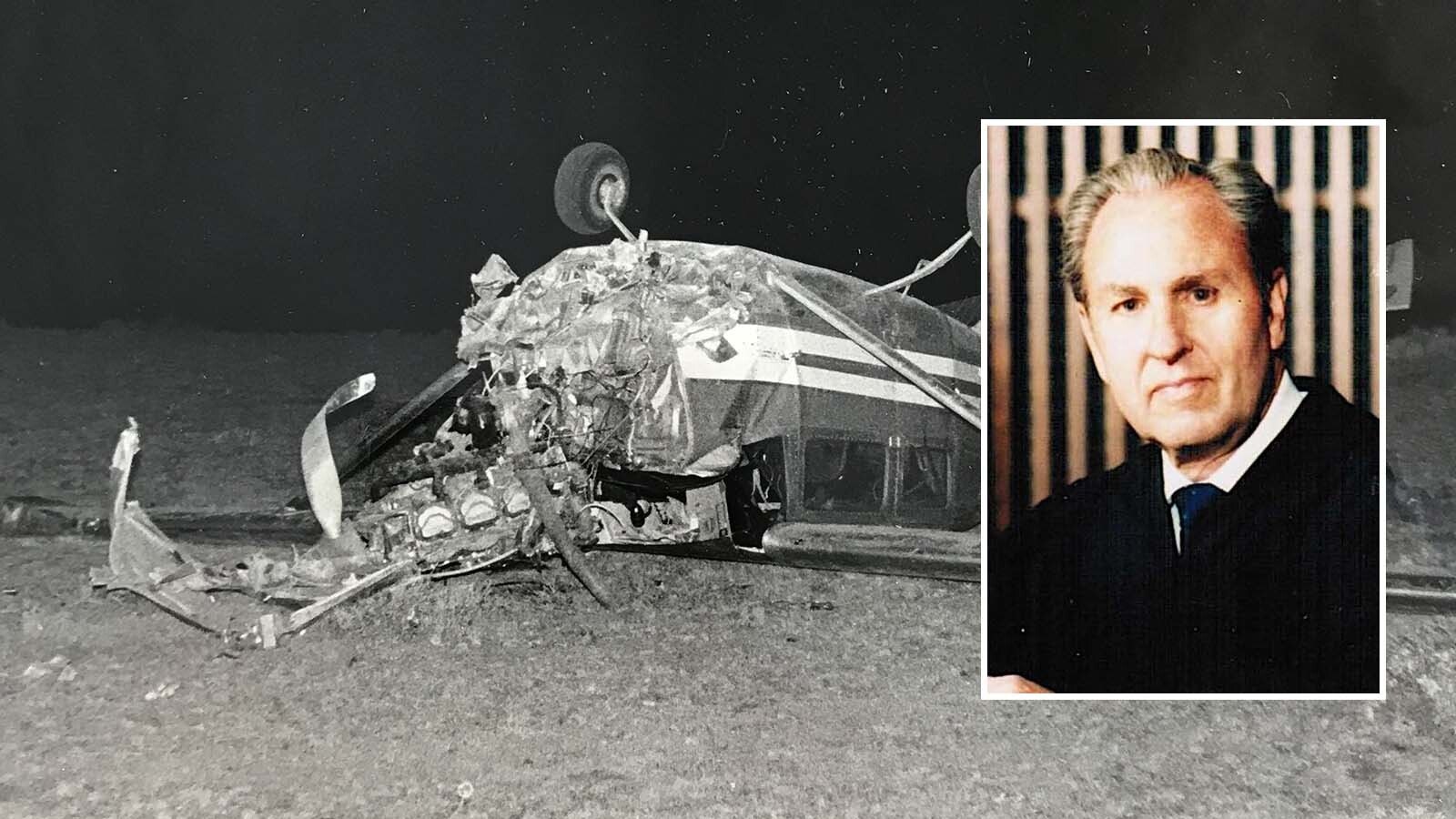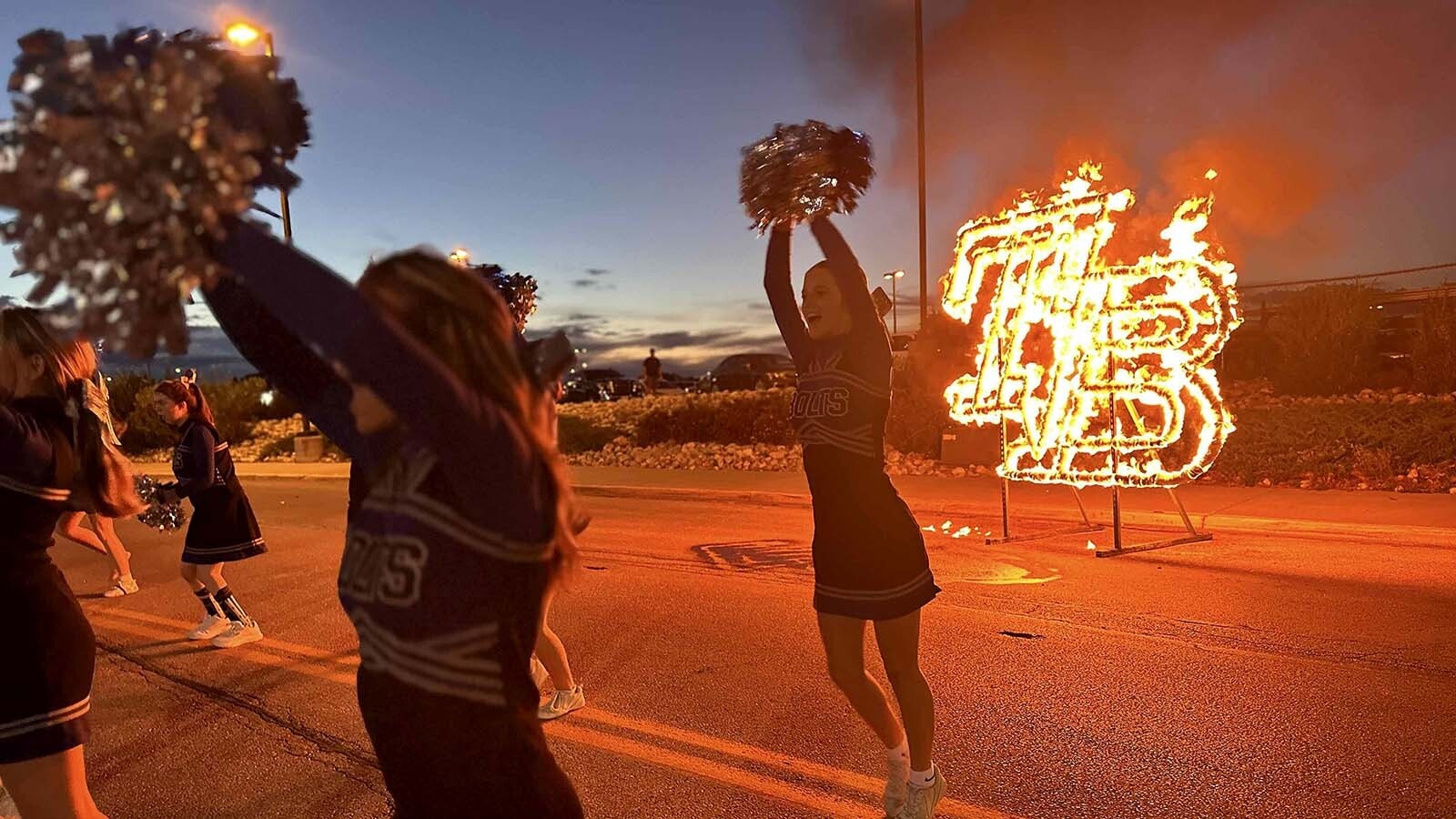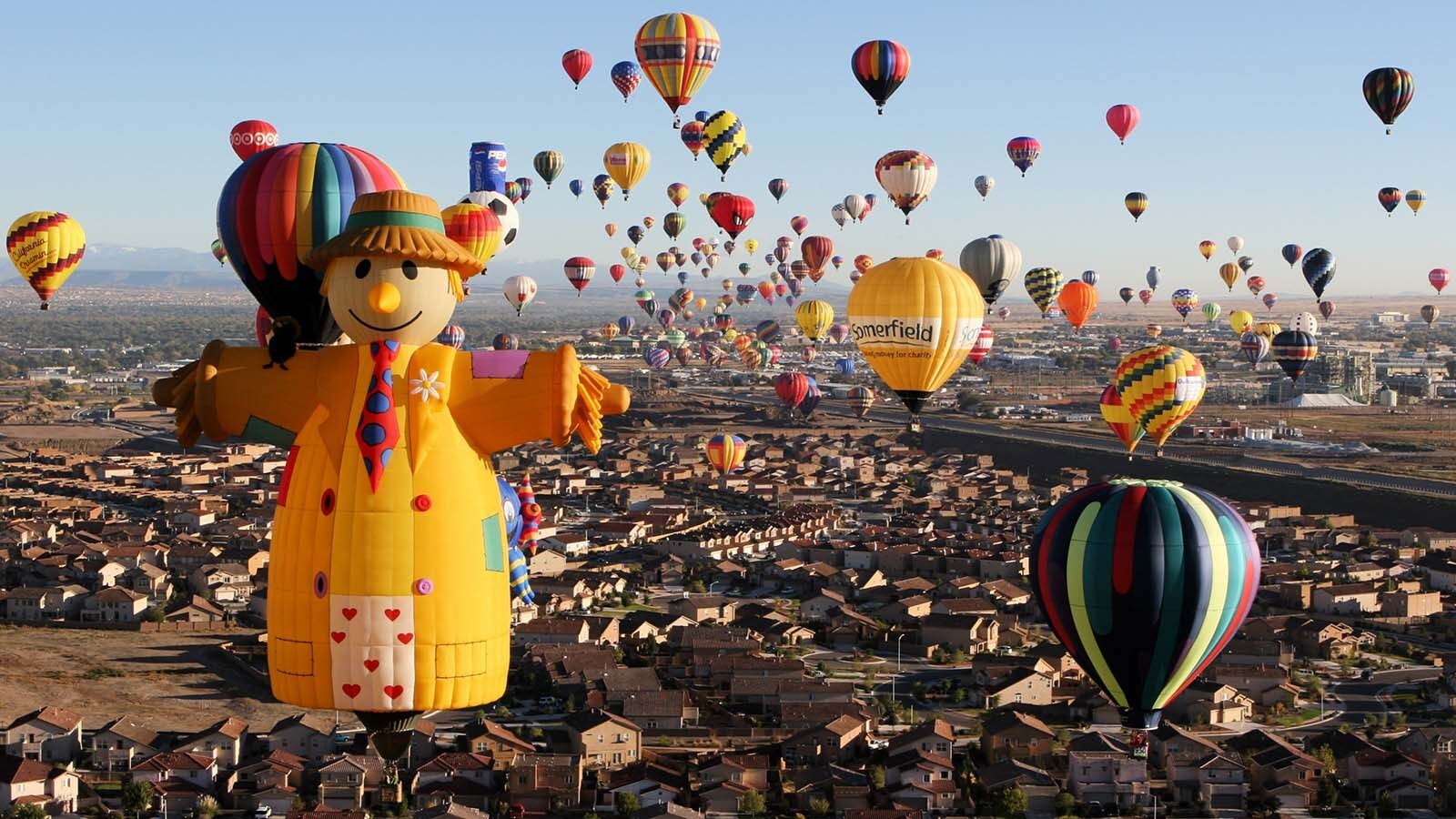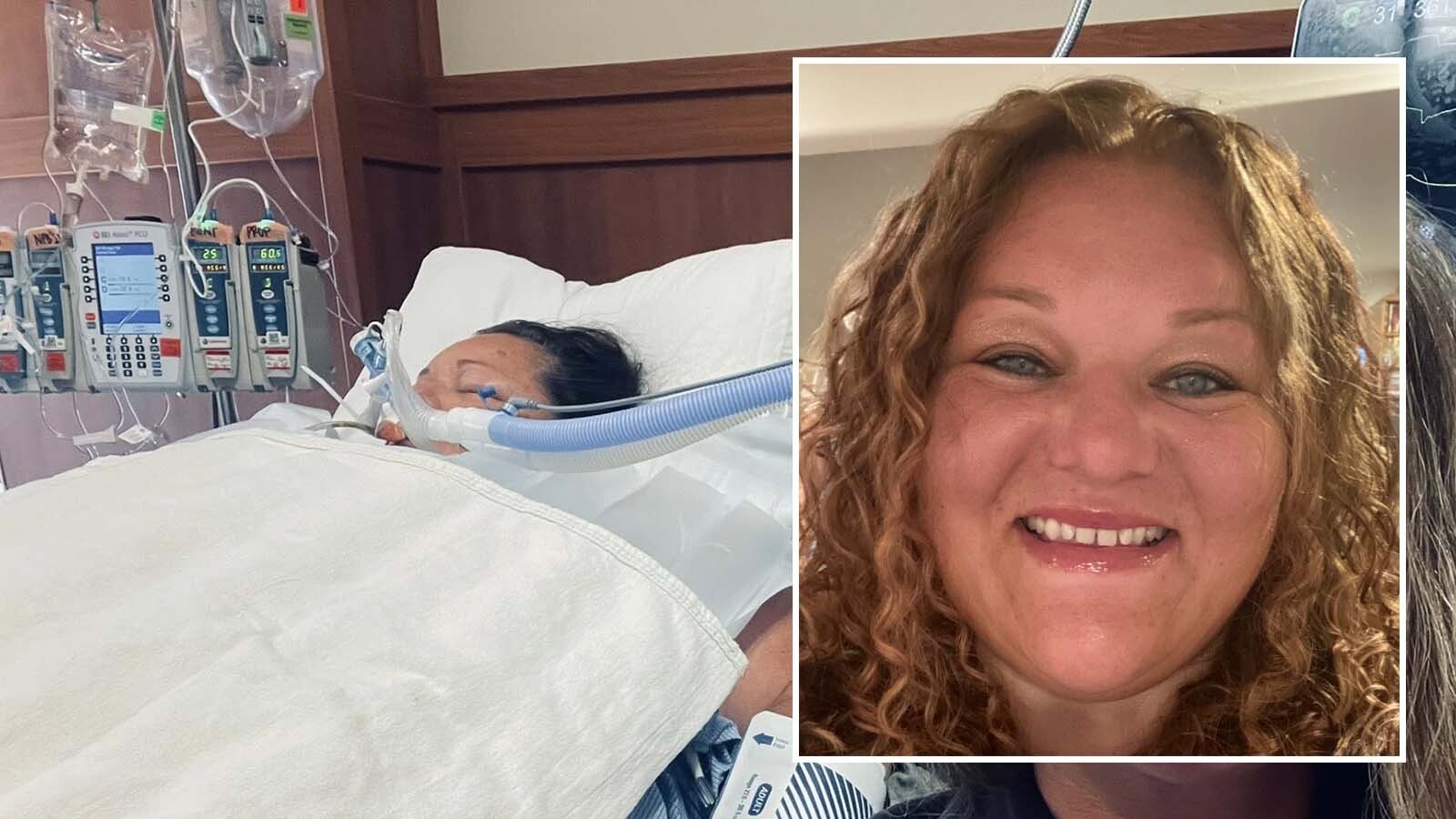CHEYENNE — The city is a step closer to a new rule intending to curb loud crotch rockets and other vehicles screaming around the city, even as residents voiced confusion about how it would be enforced.
The council on Monday unanimously passed the second reading of the ordinance, which requires all vehicles driven within city limits to be equipped with a muffler. It specifically prohibits vehicles that bypass or cut out their mufflers to be louder.
Also ruled out by the ordinance are vehicles that create “excessive smoke.”
Violators would be subject to a fine between $100 and $200 for a first offense, followed by escalating fines and possible jail time for each ensuing offense.
Decibel Readings
Cheyenne resident Jesse Eblen lives near Dell Range Boulevard, a wide central road off a busy shopping district.
She addressed the council on behalf of car club Cheyenne Cowboys and Cars, saying the group is confused by the potential for the ordinance to be enforced using sound-equipped cameras that measure decibel readings.
“The decibel reading, what we kind of figured out is not all of us hit that, I think it was 80 decibels, and we don’t know if it’s at start or at acceleration or at idle,” she said. “We would really like to know what that is.”
Mayor Patrick Collins replied by explaining a significant consideration behind the ordinance is the time the offense is committed and the offender’s behavior.
“I think what they’re looking for is if you’re here on a Saturday and the car is a little noisier, maybe that’s not as important, but at 2 on a Tuesday morning and you’re sitting at a stop light and you’re revving your engine and you’re making a backfire pop, I think that’s what we’re looking for,” he said. “We’d like it to be quieter if we could, please, especially in the evenings.”
Cheyenne Police Chief Mark Francisco said, however, that decibel reading enforcement would apply no matter the time of day or night.
“Honestly, the decibel reading would be at any time during the operation of the vehicle or it could pertain to loud music and it really goes beyond vehicles anyways, it goes to generators, things like that,” he said.
Resident Holly Klink said her neighbors feel police officers need to take a more active role in busting violators before involving local officials in the noise problem.
“The biggest thing that we have to say is that cops need to enforce the current laws that they already have before they go making changes and amendments, too,” she said.

Too General?
Resident Stephen Jacobson joined the meeting virtually and said the ordinance appears too general in its current form.
“I don’t see some specificity in the ordinance, which the chief was talking about decibel readings,” he said. “I think [decibel readings are] good, but I don’t see that in the ordinance.”
Jacobson suggested the council consider incorporating a clear standard for noise, rather than ambiguous language such as “unreasonable” or “excessive.” This, he said, would make it easier for officers to enforce the ordinance.
“It needs to be standardized,” he said. “I’m particularly concerned that if somebody comes and is not happy with a decision that a police officer is making, and then what backup does he have to support the conclusions that the noise is too loud?”
Collins said the ordinance would be an addition to preexisting noise rules, which list 80 decibels as the maximum allowed.
Francisco added that current city rules are not very effective for enforcing noise restrictions on moving vehicles, which the new ordinance would do.
Realtor Kathy Scigliano asked the council whether it would consider adding a curfew to the ordinance given the number of car groups that meet regularly in the city. That way, the focus would be on those like the mayor’s 2 a.m. example.
“All of these groups aren’t out there trying to make people mad or upset people or cause any kind of issues,” she said. “We’re talking about a huge group of kids and young adults who are just having fun, car enthusiasts, showing off their cars.
“I’m praying that all of you are sitting up there remembering when you were kids and all of the fun you had driving up and down Main [street], showing off your cars."
Resident Ryan Blue called for council members to keep in mind that the city is “rapidly growing” and increased traffic may be to blame for excessive noise. These newcomers, he said, should not be subject to a blanket restriction intended only for a select few.
“The mass majority of people don’t even have their cars running,” he said. “It’s the small few that end up getting kicked out or checked to where they don’t do it any more.”
Council Comments
For the council, building on the city’s existing noise regulations is a response to residents telling them there’s problem.
Councilwoman Michelle Aldrich clarified the ordinance up for discussion does not include a decibel reading threshold, which is already in place.
“That comes under the excessive noise ordinance, which is a different piece of city municipal code,” she said.
Aldrich said car clubs should support the ordinance to help distinguish themselves from those purposefully creating obnoxious noise.
“I would hope that one of the things that we might think about is that this will actually help some of the folks that belong to car clubs that are trying to please their own to actually have something they can say to bad actors,” she added.
Councilman Mark Moody moved for an amendment to delete language in the ordinance allowing police officers to define excessive noise as “any other relevant factor or condition that would lead a reasonable person to conclude the noise is an unreasonable noise as defined in this section.”
That motion died on a lack of a second motion from another member of the council.
Councilwoman Kathy Emmons then thanked the audience for coming to the meeting to share their opinions.
“It’s easy to say there’s a problem, it’s harder to say, ‘This is how we would like to work with you on solving it,’” she said.
Emmons also clarified the ordinance does not intend to punish occasional rowdiness, but rather to strike a balance between those who want quiet in the evenings and those who want freedom to drive loud vehicles.
She also called on people to help police their own communities for noise violations.
Councilman Mark Rinne added the current noise ordinance is nearly "unenforceable," which necessitates the updated rule.
He explained that under current rules, police must measure decibels at a distance of 25 feet, making it nearly impossible to get a reading on moving vehicles.
Councilman Scott Roybal acknowledged that since the issue of the noise ordinance had been raised, he had experienced a “marked decrease” in excessive noise created by vehicles driving near his home.
“We appreciate that,” he said. “Hope it keeps it that way.”
The council then unanimously approved the ordinance on its second reading, meaning it will be brought up for a third reading and final vote at a later meeting.
Be Specific
Edmund Seto, a noise consultant at the University of Washington, told Cowboy State Daily that enforcing sound-based laws and regulations can become complicated by language in legislation that lacks specificity.
"Usually, vehicle-related noise is regulated at the state level, although there may be additional county and local noise ordinances that also come into play,” he wrote via email. "Enforcement is a different matter. Presumably it would be the police that would enforce these laws.
"However, they may have difficulty for a number of reasons, such as identifying whether vehicles meet the criteria of having a muffler? What does good working order mean? How can they tell if an exhaust is modified? Even if a vehicle is obviously audibly loud, it may not be low on their priority of offenses to enforce."
Jackson Walker can be reached at walker@cowboystatedaily.com.

